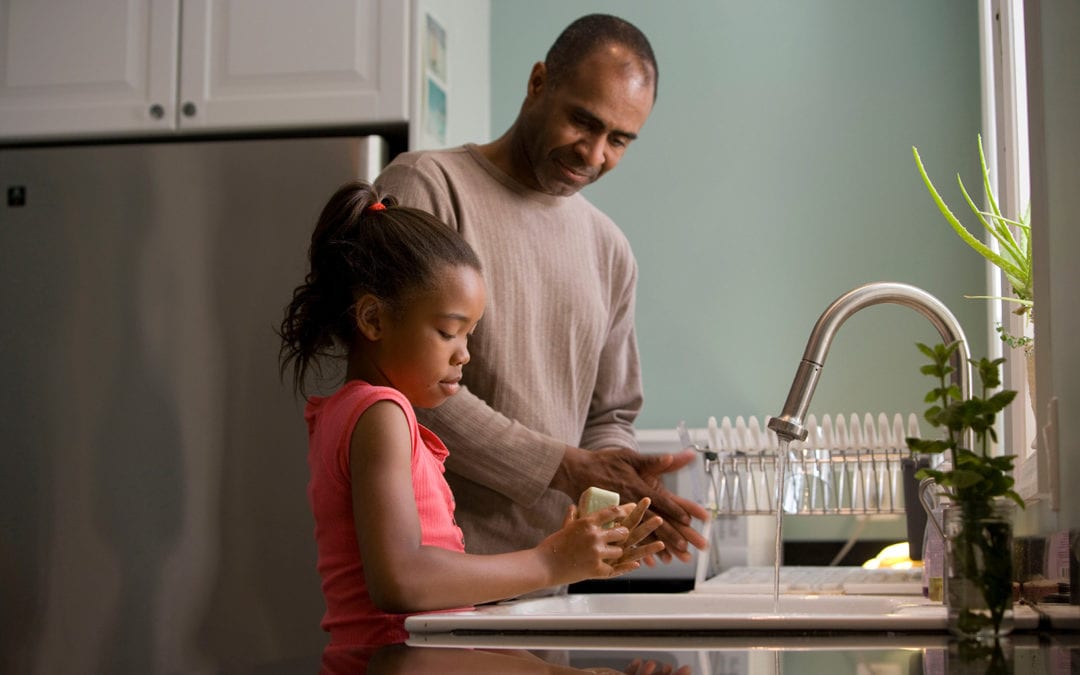Our second part of our series looks at supporting your children with Homeschooling in KS2, the older half of primary school, from the ages of seven to eleven.
Supporting your children with homeschooling in KS2 is a challenge, particularly when you’re trying to work from home at the same time. This is the age when they can work on their own, but cannot be left on their own and require guidance and interaction with the work or play they are doing. Unlike my teenagers, who work in another room, my ten year old is working in the same room as either my husband or I, depending on the work that we are doing, and is constantly asking questions and sharing ideas. This is good and what they are used to, but not what we are used to. Welcome to the new family life for many people in the Lockdown Britain of the Coronavirus crisis, as we all socially distance ourselves as much as possible.
Between my colleague and I at Student Navigator, we have six children ranging from nursery to sixth form, all with very different needs and at very different stages in their education ….so, supporting your children with homeschooling is something that we are getting used to as well.
For all ages:
Structure and routine
More important than ever is to have structure and routine in your day. This includes having breaks together, eating meals together and making the week days different to the weekend. It sounds obvious, but as the weeks of isolation continue, this will be harder, so start as you mean to go along. A structure to your day will help children feel more secure in this time of great insecurity.
Talking to your Children about their work
No matter what age your children are, talk to them about their work and their learning. Talking about work is what they do all the time at school and it is difficult to replicate this in remote learning. At school, teachers and school friends are interacting with them constantly: asking questions, discussing work both formally and informally, bouncing ideas off each other. As parents we can ask questions, discuss work and share ideas.
Tips for Supporting your children with Homeschooling in KS2
Primary School Ages 7 – 11 (Y3 – Y6)
1.The focus for KS2 children is on keeping key skills bubbling whilst maintaining an appetite for learning. During the week, ensure your child’s day always includes at least 30 mins of each of the following:
- Some form of writing (lists, diary entry, letter to a grandparent, recipe for mud pies etc.)
- Reading (comics, leaflets, instructions, stories etc.) Now might be the perfect time to enjoy reading a novel with your child (The House with The Chicken Legs has been a delight to read with my 10 year old).
- Number skills. The saying “use it or lose it” is particularly appropriate here. Key skills include times tables, counting in 10s/100s, mental addition and subtraction. Try to keep it fun – Monopoly, darts, snakes and ladders all incorporate important maths skills.
2. Make a rough daily plan with your child by asking for suggestions of what they might like to do, in addition to the things that must happen. Children who feel they have some input and choice over their day are much more likely to take responsibility for their own learning, and be engaged and motivated.
3. Baking, drawing, sewing, designing and making are all fantastic learning opportunities, and are just as important as the more ‘formal’ stuff. Give your child the space and time to create – something all teachers would say they never have enough time for at school and wish they could do more of. Blue Peter (www.BBC.co.uk) is a fantastic place to start, with loads of ideas that should spark your child’s imagination.
4. As with younger children, try to balance activities throughout the day to ensure that your child has some time to work independently, and time to interact and work with others. KS2 children still need plenty of opportunity to discuss, share and collaborate. Balance screen time with opportunities to create, draw, paint, build and move – creating with Lego, PE with Joe Wicks, family walks, dancing to music in the kitchen etc. are all important to mental and physical health.
Here at www.studentnavigator.co.uk, we are offering support for homeschooling for primary and secondary students during this time. Please look at our website for other posts, useful resources and contact us if you are wanting mentoring or individual support for secondary and primary students, and depending on our capacity, we will aim to support you as best as we can.

